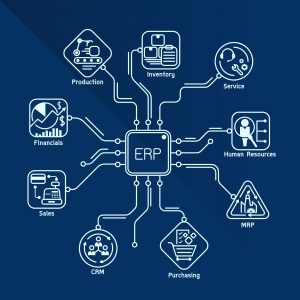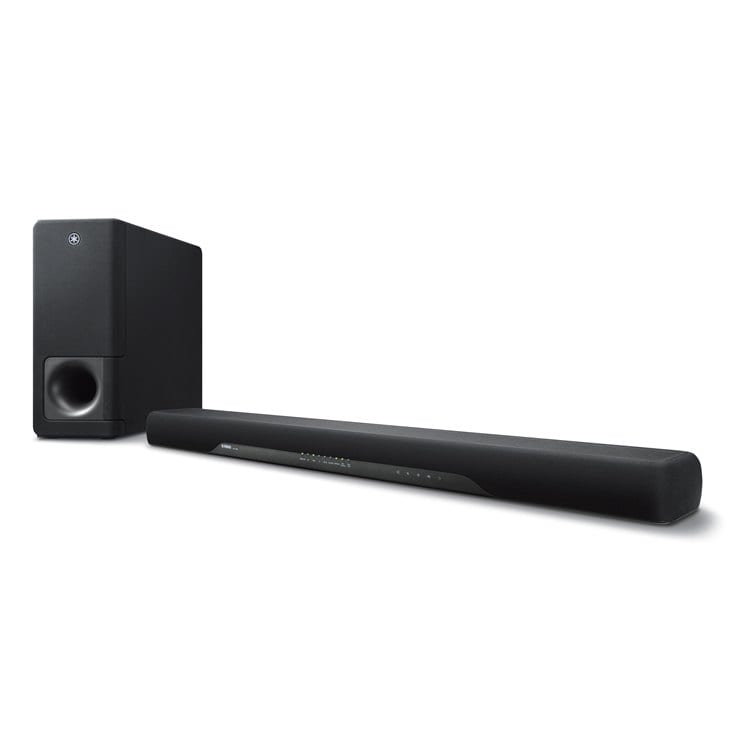Scheduling an ERP software demo is an essential part of the evaluation process. No matter how appealing or renowned a product may be, you will not want to commit your enterprise to it without first getting an in-person tour and test drive.
 To get the most out of the process, you must prepare yourself in advance. Since you will be working one-on-one with someone who knows the ins and outs of this product in-depth, the demo is the perfect opportunity to ask questions, express concerns, and go beyond the details of the sales pitch.
To get the most out of the process, you must prepare yourself in advance. Since you will be working one-on-one with someone who knows the ins and outs of this product in-depth, the demo is the perfect opportunity to ask questions, express concerns, and go beyond the details of the sales pitch.
It doesn’t require a ton of preemptive preparation, but it does require some.
Here are some tips to help you find the right information from the right sources in less time:
Do Your Research
A good ERP software demo isn’t over in 10 minutes. It is a comprehensive demonstration followed by an in-depth conversation. You don’t want to waste your time sitting through a demonstration of a product that is clearly mismatched to your needs, but vendors will eagerly offer you one. Before scheduling a demo, carefully research a product, its industry focus, and the capabilities it offers. That way you’re only demoing products you have a reasonable chance of implementing.
Read Case Studies
Most vendors publish case studies highlighting the experiences of their actual customers working with their actual products. Without fail, these case studies cast the product in a positive light. But they also reveal the practical ways enterprises like yours are using this product and the kinds of results they are getting. Read these case studies to help your ERP evaluation team formulate questions and calibrate your expectations.
Work Out the Numbers
The primary goal of the ERP software demo is to figure out if this is the right product for your company, not just one of many possibilities. And in order to explore whether it can meet your specific needs and wants, you will need to determine exactly what those are. Spend some time calculating how many users you will have, what your budget limits are, what your IT resources are like, and what features/functions you require. You will get much more out of the demo if you can engage with a sales rep using hard data.
Assign a Demo Team
Implementing an ERP has wide-ranging impacts on diverse groups throughout your enterprise. And not all of them will have the same perspectives or expectations. Relying on just one or two high-level stakeholders to evaluate an ERP product will produce a limited and skewed range of feedback. The better approach is to create a small team made up at users on multiple levels. That way you get a more holistic understanding of how a specific ERP would help/hurt your daily operations.
Articulate Your Concerns
If you’re scheduling ERP demos you’ve either never used one of these products before or you’re switching to a new system. In either case, the process inspires a lot of uncertainty and requires a lot of caution. If you are worried about costs, technical requirements, data complexities, cyber security, cloud maintenance, or anything else no matter how big or small, don’t be afraid to address it directly during your demo. If the sales rep you work with cannot address these concerns confidently and comprehensively, it’s probably a product you can’t rely on.
Last but certainly not least, take your time at every step in the process. Don’t rush to schedule a bunch of demos, conclude your time with a sales rep, or sign up for a product. Implementing an ERP can transform your business, but only if you pick the right one the first time.
[Written by External Partner]
